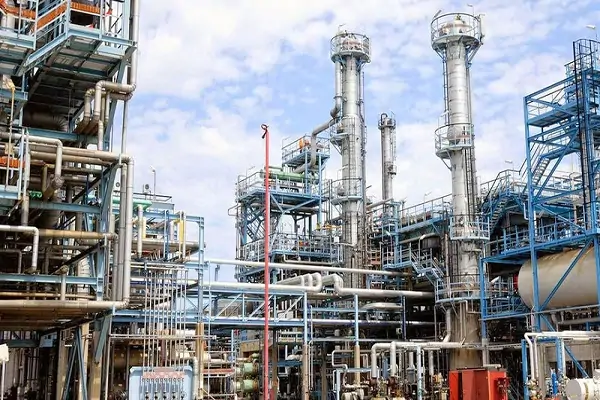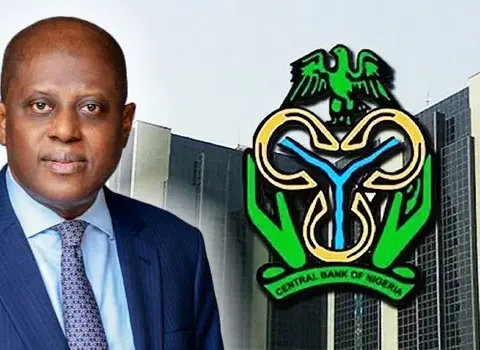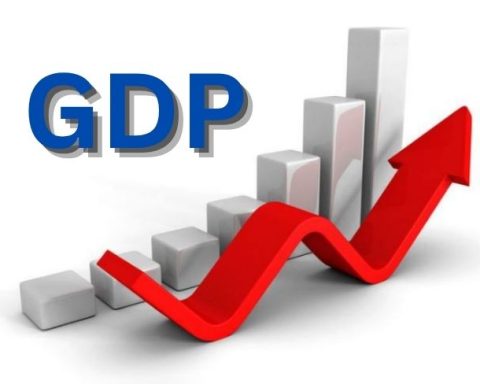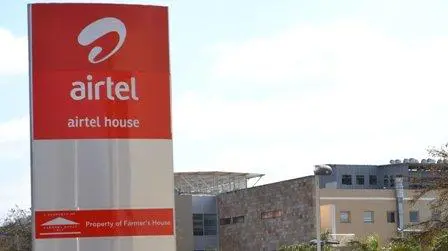The Organization of Petroleum Exporting Countries (OPEC) has announced that Nigeria is on the verge of a transformation in its energy sector with the establishment of medium-term modular refineries with a daily production capacity of 20,000 barrels each.
The report, released during a high-profile launch event in Saudi Arabia, noted that Africa is expected to witness an impressive addition of 1.2 million barrels per day distillation capacity in the medium term.
Join our WhatsApp ChannelMuch of this growth is attributed to the Dangote refinery in Nigeria, which is set to contribute 650,000 barrels per day to the nation’s capacity expansion.
The refinery, inaugurated in May 2023, is poised to commence commercial operations this month for diesel and aviation fuel, followed by petrol refining in November 2023.
READ ALSO: Fuel Subsidy Removal: Allow Private Investors To Set Up Modular Refineries – Utomi Urges FG
However, despite these developments, Nigeria faces two hurdles on its journey to energy autonomy. The first challenge centers on securing funding for modular refineries, while the second involves the increasing incidents of savage attacks on oil pipelines and oil theft, both of which impede the smooth progress of the industry.
Speaking on these challenges, Momoh Oyarekhua, Chairman of the Crude Oil Refineries Association of Nigeria (CORAN), emphasized a potential solution during an interview on Arise News on the 14 of July 2023. He stressed the importance of supporting modular refineries, adding that such support could lead to more affordable fuel for Nigerians by eliminating various associated costs.
These costs include expenses related to sending crude oil abroad for refining and then importing the refined products, which encompass terminal clearing, port charges, and the involvement of middlemen in product transportation.
In a policy shift, the Group Chief Executive Officer of the Nigerian National Petroleum Company (NNPC) Limited, Mele Kyari, revealed last week that the company has reverted to being the sole importer of fuel into the country.
This move comes after encouraging private marketers to handle imports for a few months. The reason for this policy change is the current unavailability of foreign exchange in Nigeria, which has hindered the ability of private marketers to import fuel despite holding licenses for such operations.
In the same Arise News interview, CORAN Chairman Oyarekhua underlined the importance of modular refineries purchasing crude oil in the local currency, Naira.
This move aligns with the fact that these refineries generate income in Naira from selling products in the Nigerian domestic market, thereby reducing the burden on the foreign exchange market.
Oyarekhua provided a compelling example: If 40 modular refineries, each with a capacity of 10,000 barrels per day, had to purchase crude oil in USD, it would result in a monthly expenditure. This underscores the necessity for a streamlined approach that ensures feedstock procurement aligns with the country’s economic interests and stability.
With the prospect of small modular refineries and proactive measures to tackle the challenges facing Nigeria’s energy sector, the nation seems poised for a transformative energy revolution, promising greater self-reliance, economic benefits, and cost savings for its citizens.
Emmanuel Ochayi is a journalist. He is a graduate of the University of Lagos, School of first choice and the nations pride. Emmanuel is keen on exploring writing angles in different areas, including Business, climate change, politics, Education, and others.


















Follow Us